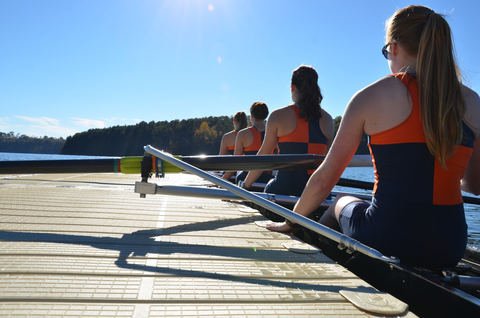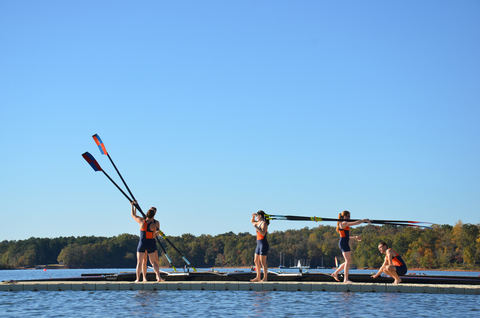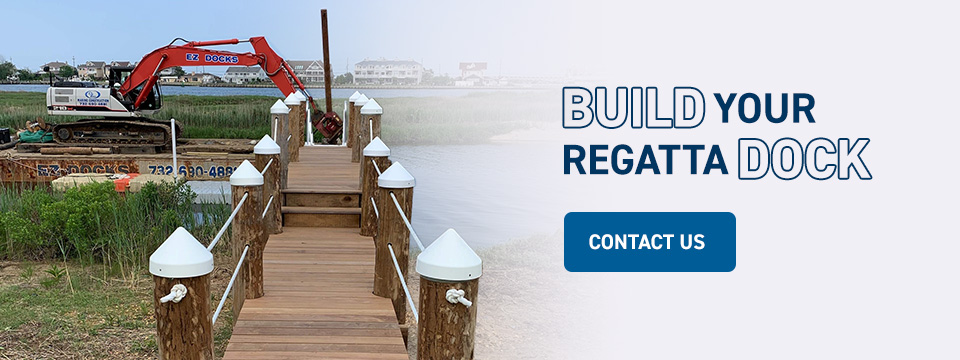Regatta is one of the world’s most intense, exciting and competitive sports. Regattas offer spectators the opportunity to see a variety of boats and socialize with sailors, friends and meet new residents and travelers. That has been the tradition since the ancient Venice gondola days through to the 18th century and the evolution of the recent day regatta. Although spectators used to be members of the high society, a regatta is a sport for everybody today.
Hosting regattas can be a thrilling experience. Apart from inviting hundreds or thousands of people to your park, it creates lasting memories and gives visitors the chance to witness real-life adventures. Here are the secrets to hosting a regatta.

What You Need to Know to Host a Regatta
Hosting a regatta requires you to have certain fundamental information in mind so you can start the process with a clear mental picture. We’ll make this simple by answering some basic questions to help you know how to host a regatta:
1. What Is a Regatta?
A regatta is a sporting event involving a series of races with sailboats, yachts, rowing boats and, recently, speedboats. The sport is centuries old with a rich history and ancient traditions. The sailors compete against each other to win cups, medals, cash prizes and — most importantly — bragging rights.
One of the most renowned regattas is the Henley Royal Regatta (HRR). The HRR and other prominent boat races are organized around the banks of the Thames. In North America, Royal St. John’s Regatta is one of the most celebrated. USRowing is the United States’ governing body for rowing. You can become a member through the USRowing membership portal.
2. How Many People Attend Regattas?
The Royal St. John’s Regatta draws over 50,000 people each year. The HRR is much bigger, attracting over 300,000 people worldwide annually. Bare in mind that these are the most prestigious regattas. The numbers depend on several factors, such as popularity, location, purpose and how well the event is organized and marketed.
3. What Is the Purpose of Regattas?
Regatta is a creative sport with thousands of fans around the world. For sailors, the drive to compete and win and the exhilaration from the adrenaline rush are sufficient. However, a regatta is more than sports — it brings people together.
For park managers and owners, this has endless possibilities. Businesses invest in regattas to promote their products and services and to generate wealth. Moreover, hosting such events helps you build camaraderie with the visitors. Regattas can be organized for smaller populations according to the specific purpose and participants.
4. Which Locations Can Host Regattas?
A regatta is a sailing event, so the location must have a suitably sized body of water. Parks with rivers, lakes or areas close to the sea are conducive for rowing. The property must also have enough space for visitors to watch the water event and socialize, with enough space to also host vendors.

5. How Do Regattas Work?
Regattas are scored by placement. Typically, the first team races with two or three boats for a maximum of six. The first team switches with the next, and this process is repeated. The points scored by each team are combined to determine the ultimate winner.
For match racing, two sailboats race against each other in a head-to-head fashion. The sport requires speed, strength, teamwork, coordination and tactics.
How to Plan a Regatta
Planning a regatta requires attention to detail. Let’s break them down to make it simple:
1. Plan for Your Fleet
Get everyone involved. A regatta is a community event and is fun when everybody plays a role. Document each process for the future and encourage the highest standards from your team. Begin the planning process early to reduce stress and frustration. It would be best to plan months or a year ahead of time.
2. Plan for the Participants
Prepare to host the participants from the first greetings to the departing goodbyes. You may require accommodation for those who will stay over or resting places to make them feel at home. Streamline the registration process, plan for amusement and order some trophies.
3. Plan for Food
Food makes everything better. Arrange a menu that accommodates a range of special diets. Budget for the expected number and plan for some extra, just in case. Ensure you have enough storage space for the food and a plan to take care of the surplus.
4. Plan for Sailing

Preparing for the main event requires the assistance of professionals. For example, U.S. Sailing assists planners in managing and organizing regattas. Registering for the event with USRowing makes your regatta nationally and officially recognized as fair and safe. USRowing sets the highest standards for regattas in the U.S. You can register the event through the USRowing Membership Portal. The office also assists with challenges when completing the registered regatta application.
Regardless of the size of your regatta, securing certified race officials, judges or umpires is vital. This helps with transparency and integrity. Plus, you’ll need their expertise to deal with any misunderstandings. You may also arrange race and protest committees to ensure smooth operations.
Write accurate and sufficient Notice of Race Sailing instructions. Implement the best practices for a successful event. Acquire sufficient rescue boats to assist in challenging weather conditions and learn the rescue protocols. Get health professionals to help in cases of injury.
5. Day-Of Regatta Checklist
On the day of the event, you’ll need a comprehensive checklist to guide you, your team, staff and participants. One important pre-regatta event is the skippers’ meeting, which lets the Race Committee relay last-minute details to the sailors.
The typical areas covered during the skippers’ meeting are:
- Potential challenges in the course
- Other areas of the course are insufficiently covered in the sailing instructions
- If the race is in series, the possibility of running additional races
- Clarification of the rules and regulations
6. Build a Regatta Dock
It would be best if you had a regatta dock for the big event. They secure the boats and provide participants with easy access. One of the most critical regatta dock requirements is that it must sit low on the water’s surface. It must be stable and durable. When you choose a high-quality dock or secure floating dock, consider the cost, versatility, maintenance and environmental impact, as well as the event’s size and the hosting frequency. Your regatta cannot succeed without docks.
When building or installing a dock, consider the following:
- Size and shapes: Assess if you’ll need the docks for other purposes besides the regatta. The material will determine the options available to you. The configuration should work with your shoreline — modular floating docks let you choose a variety of shapes.
- Ramps and gangways: Consider whether you need ramps or gangways. Gangways offer more accessibility to your waterfront. Ramps offer minimum support yet provide easy access when the walking distance is short.
- Accessories: Docks accommodate accessories for aesthetic and functional reasons. Investing in customization lets you add lights, benches, ladders, cleats, railings and many more accessories to your dock.
- Dock placement: Evaluating dock placement helps you decide the type of dock and configuration for your shoreline. Consider the distance between the pier and the shore, the depth of the water and the floor conditions. Choose the option that offers the safest and most convenient access.

Build Your Regatta Dock With EZ Docks!
Regattas attract hundreds to thousands of people to enjoy your water-based property. It provides visitors the ground to socialize and witness exciting adventures. Planning regattas begin with organizing your team, and creating a checklist for the main event is a helpful way to keep everything organized.
A reliable dock to secure the boats and provide easy accessibility is crucial for your event. EZ Docks has transformed waterfronts for over 25 years. We offer the best docking solutions, emphasizing quality and excellence. Do you want to know more about our services? Contact us today!

